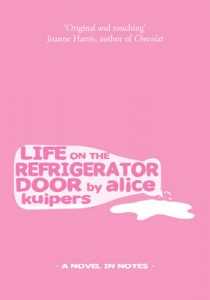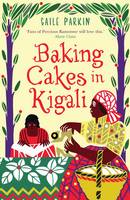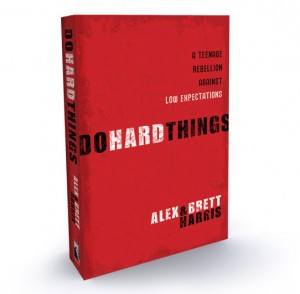 Alice Kuipers presents a story in an unusual but clever form in her debut novel – post it notes on the fridge.
Alice Kuipers presents a story in an unusual but clever form in her debut novel – post it notes on the fridge.
Claire is your average preoccupied teenager who lives with her mother, a busy doctor, in (it would seem) a busy modern city. We are not given any flowing descriptive passages about their life. Instead, their tale is slowly revealed through a growing collection of notes posted on the refrigerator door.
The messages begin with simple reminders and hellos:
“I made spaghetti bolognaise for when you get in. Love, Mom”
“Babysitting tonight, Mom. Gotta run!!
I can’t find my key. Will you be home to let me in? Call me and let me know.”
…all of which might be recognisable to any busy household.
While ‘Life…’ is relatively easy to read, the concepts it deals with should make the reader stop and wonder. Surprisingly, it is possible to tell this tale through notes left on the fridge door, and it’s interesting to see the tone of the notes change as the storyline about Claire’s mother’s breast cancer develops.
Some people may criticise a book written purely in little notes; others may be happy to see the story develop clear of unnecessary details. Many have commented on how quickly the book can be read (perhaps in under an hour). However, the subjects it touches on – life’s busyness and the trauma for families facing life threatening illness, are real and worthy of airing in this way. And it might even be a thought-provoking resource for those facing these issues.
Well worth a read. I would love to hear what others think. Is it too spartan? Does it skim the issues too much? Would it really help anyone? Did it make you think?


